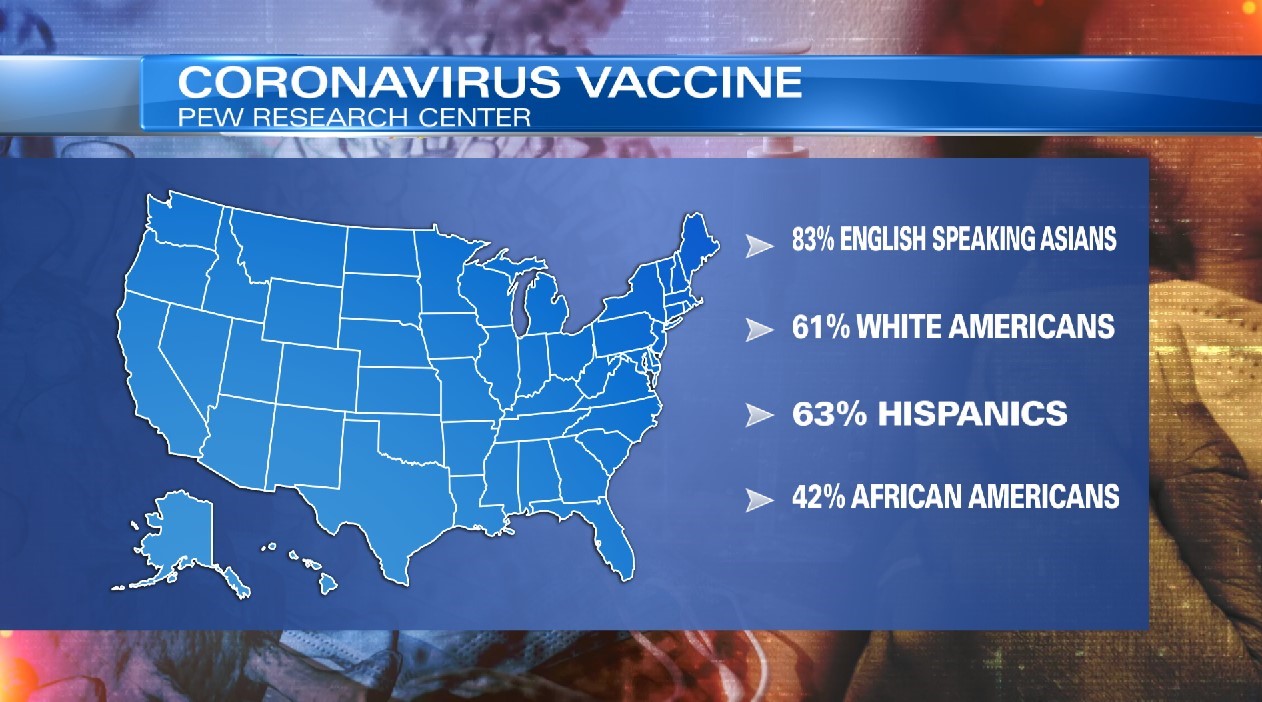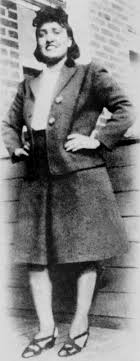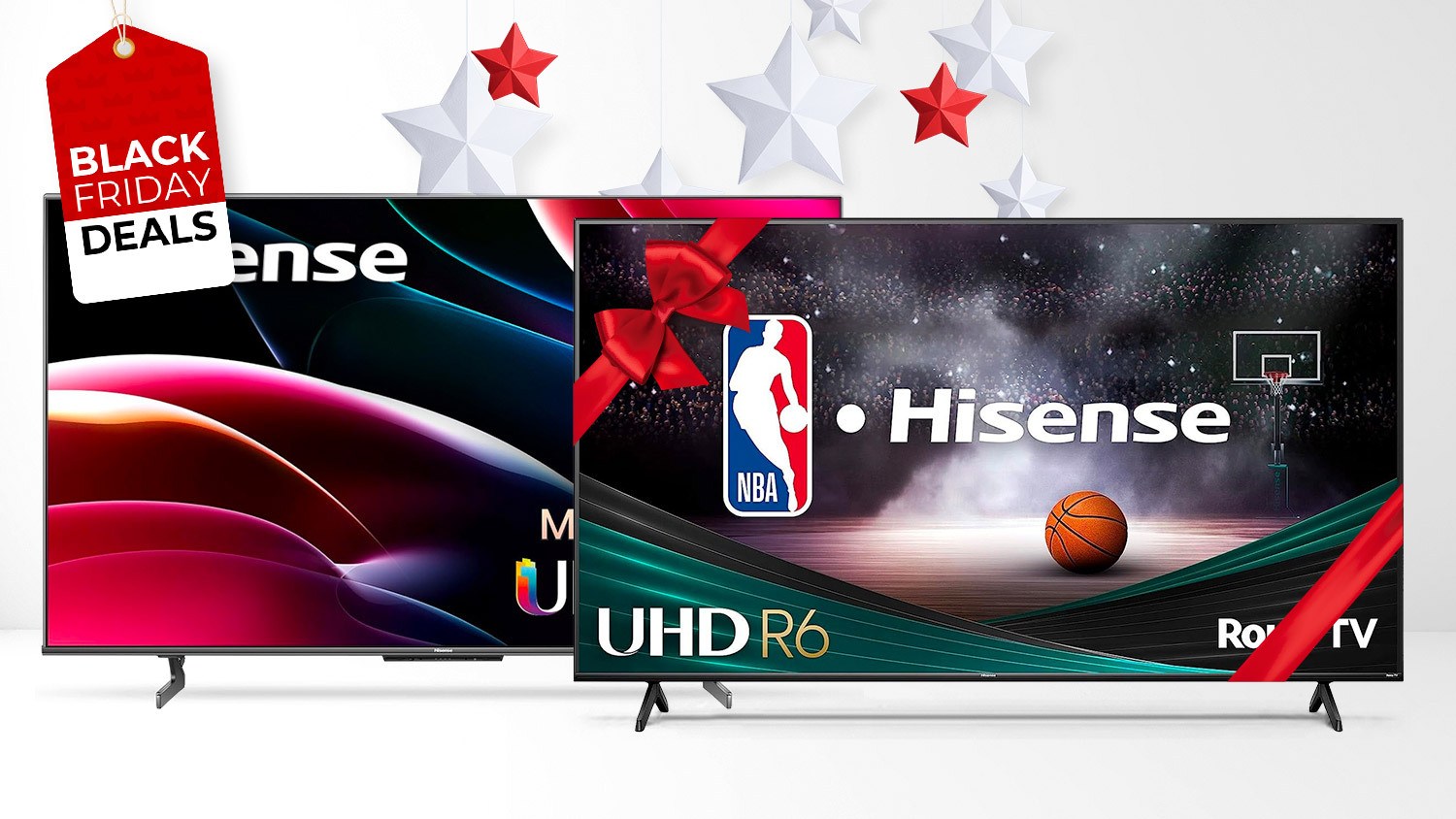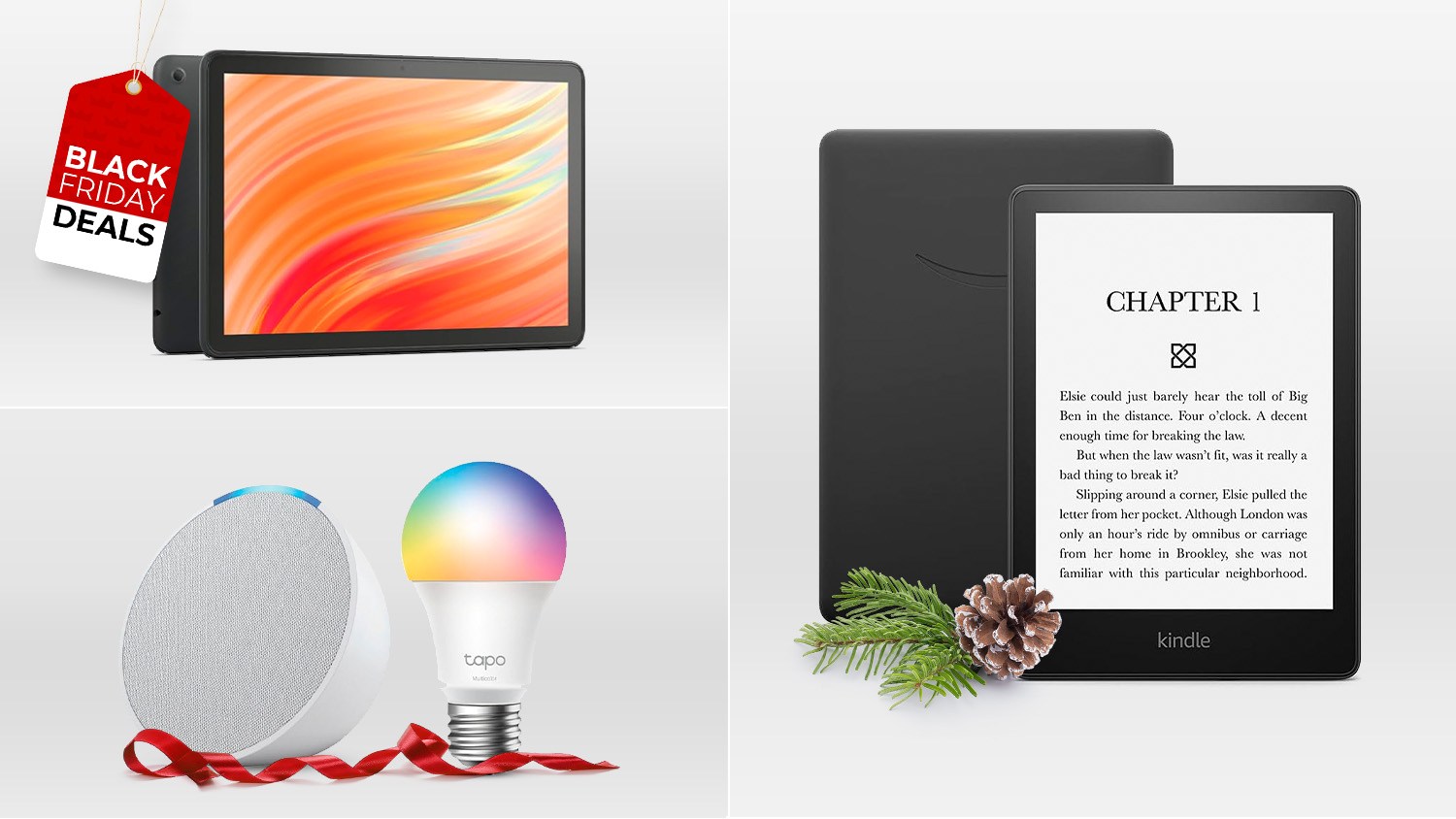PORTSMOUTH, Va. (WAVY) — Since the pandemic began nine months ago, WAVY-TV 10 has brought you the stories of how the victims of the novel coronavirus lived and how they died.
BAE Shipyard contract engineer Robert Allen Fentress died in his Norfolk home in April. Initially, he was denied a COVID-19 test after technicians told him he did not meet the criteria to qualify for a test. Former Norfolk resident Thomas Davis survived the attack on Pearl Harbor and two tours to Vietnam, but the invisible enemy — “The Rona” — as Davis called it, took his life. He recorded the hits, runs and touchdowns, and tackles for Norfolk State University sports events. Christopher Jones, a sports statistician who recorded the hits, runs and touchdowns, and tackles for Norfolk State University sports events, rarely left his Florida home, except for a trip to a big box hardware store. He drove himself to a hospital and died a few weeks after being diagnosed with COVID-19.
Nine months into the pandemic, African Americans are three times more likely to get COVID-19 which is the disease caused by the coronavirus. A recent study from Pew Research Center shows that 71% of the nation’s African Americans know someone who has died or has been sickened by COVID-19.
This week, the Food and Drug Administration advisory panel gave approval for the Pfizer coronavirus vaccine, which is believed to be 95% effective in preventing infection from the novel virus that claims some 3,000 lives every day. A final decision from the FDA is expected within a few days.
Considering the lethality of the virus in the minority community, one could conclude that African Americans would be eager to roll up their sleeves for this shot in the arm.
However, a recent Pew Research report shows that less than half of the nation’s African Americans are willing to get the vaccination. Asian Americans who speak English are most likely to get the vaccination, while Black Americans are least likely to get vaccinations.

James Boyd, president of the Portsmouth NAACP, is among those who are just saying “no” to the coronavirus vaccine.
“For me personally, no, I do not have plans to take the vaccine. There are some questions in regards to the side effects that could happen because of taking the vaccine,” said Boyd.
Hours after the United Kingdom’s rosy rollout of the Pfizer vaccine, it was later revealed that two medical professionals with a significant history of allergies suffered allergic reactions after getting the shot. Pfizer then issued a warning saying anyone with significant allergic reactions should not get the shot.

Considering the 1930s Tuskeegee Institue study, the 1950s exploitation of Henrietta Lacks DNA, and most recently the reports of unnecessary sterilization of Latina women in federal detention centers Boyd says more data is needed before he’ll roll up his sleeve.
But Gaylene Kanoyton, the president of the Hampton NAACP, plans to get the vaccine, saying it is safe and will save lives.
“This is not a live virus. You are not going to be injected with the COVID. Modern technology has brought us much further than in the past. I am convinced that this vaccine is going to work and it’s needed,” said Kanoyton who is working closely with the governor’s office to spread the word in the minority community.










































































































